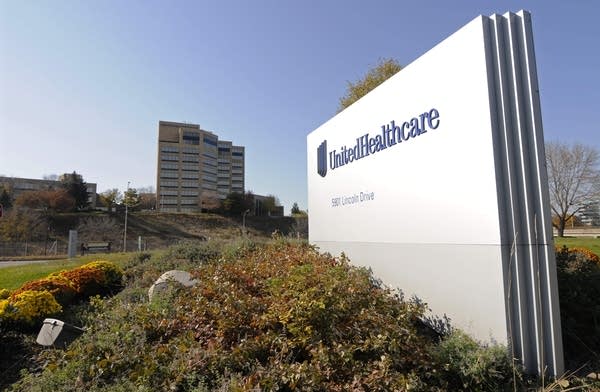UnitedHealthcare alleges price fixing on generic drugs

Updated: Jan. 23, 2018 | Posted: Jan. 22, 2018
UnitedHealthcare is suing dozens of pharmaceutical firms, alleging they fixed prices on generic drugs.
The Minnetonka-based health insurer filed the lawsuit in the U.S. District Court in Minnesota.
Create a More Connected Minnesota
MPR News is your trusted resource for the news you need. With your support, MPR News brings accessible, courageous journalism and authentic conversation to everyone - free of paywalls and barriers. Your gift makes a difference.
The company contends that drug companies agreed to "play nice" with each other and fix prices to assure themselves of market share and profits. The trade association representing generic drug companies says that is not true.
UnitedHealthcare said the companies colluded to increase prices on some drugs by more than 1,000 percent. The lawsuit says there are no market forces that could explain such price hikes. The company said it had to pay artificially-inflated prices for drugs provided to millions of patients.
The health insurer is seeking to recover overcharges with damages to be determined at trial. The drug companies already faced litigation from dozens of state attorneys general and the U.S. Department of Justice.
But the Association for Accessible Medicines, formerly the Generic Pharmaceutical Association, said members are "fully committed to compliance with all laws and to maintaining high ethical standards in the way we do business. Illegal behavior, such as price-fixing or other violations of antitrust law, is inconsistent with AAM's rules and procedures."
The association said it is committed to supporting laws and policies that foster competition and help speed the availability of medicines to patients.
The group says that generic medicines account for 90 percent of the prescriptions dispensed in the U.S. but account for just 23 percent of all drug spending, with 93 percent of generic prescriptions getting filled for $20 or less.